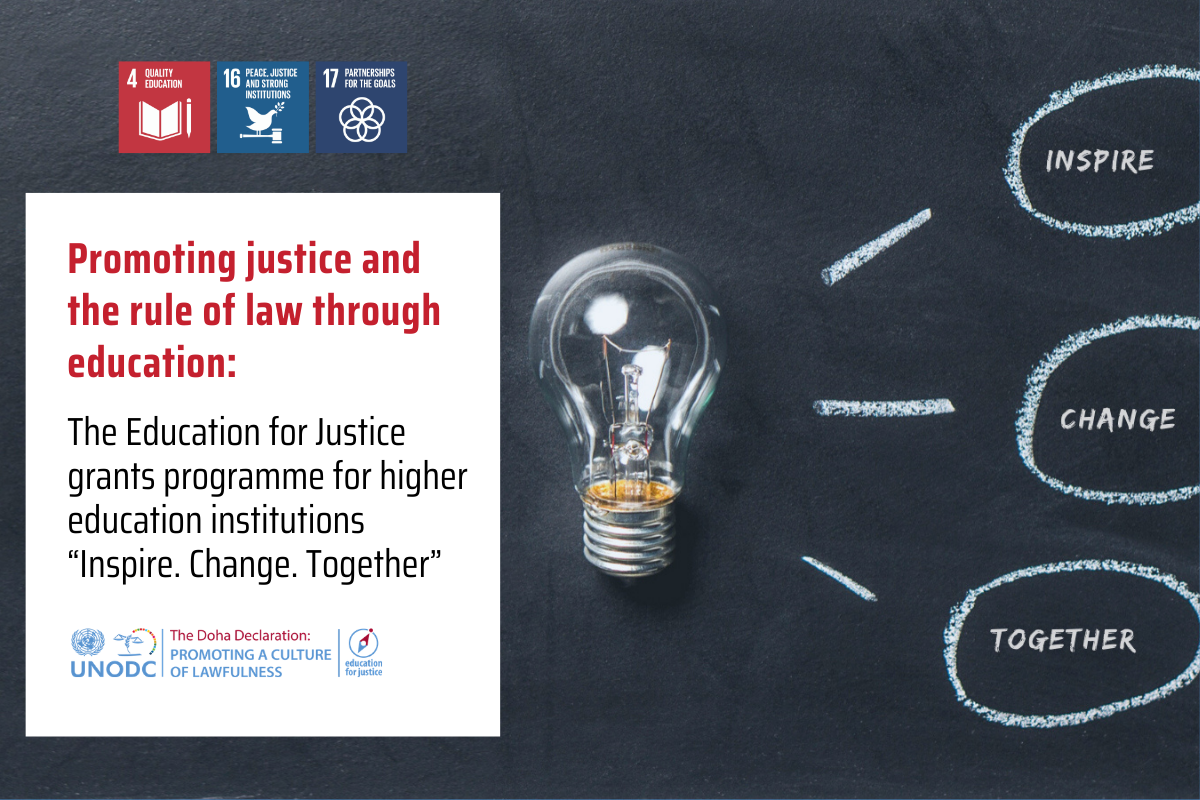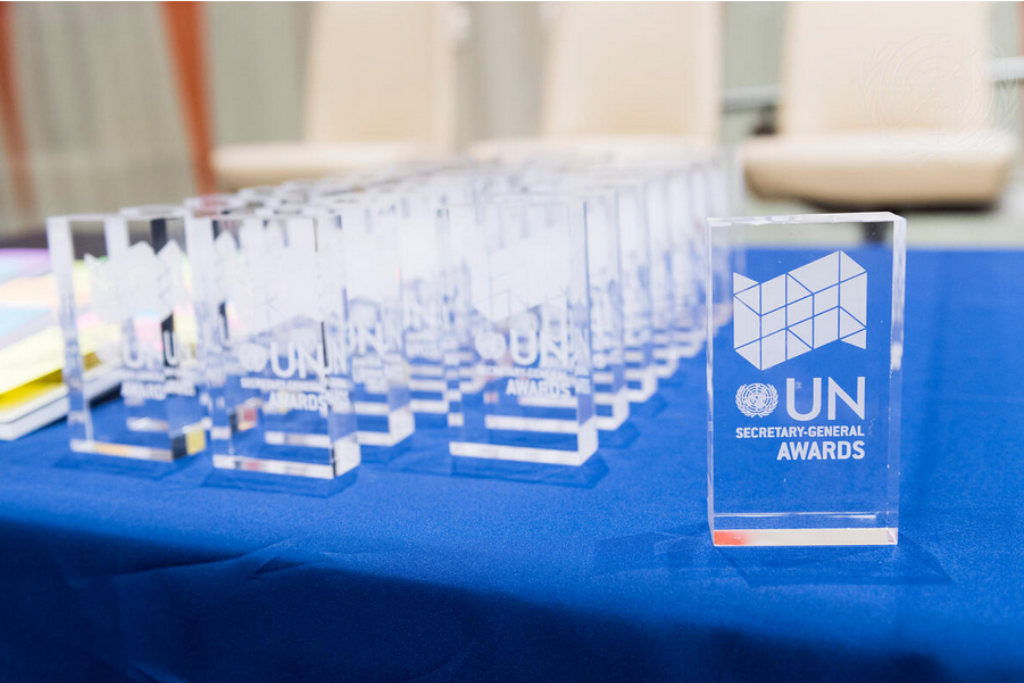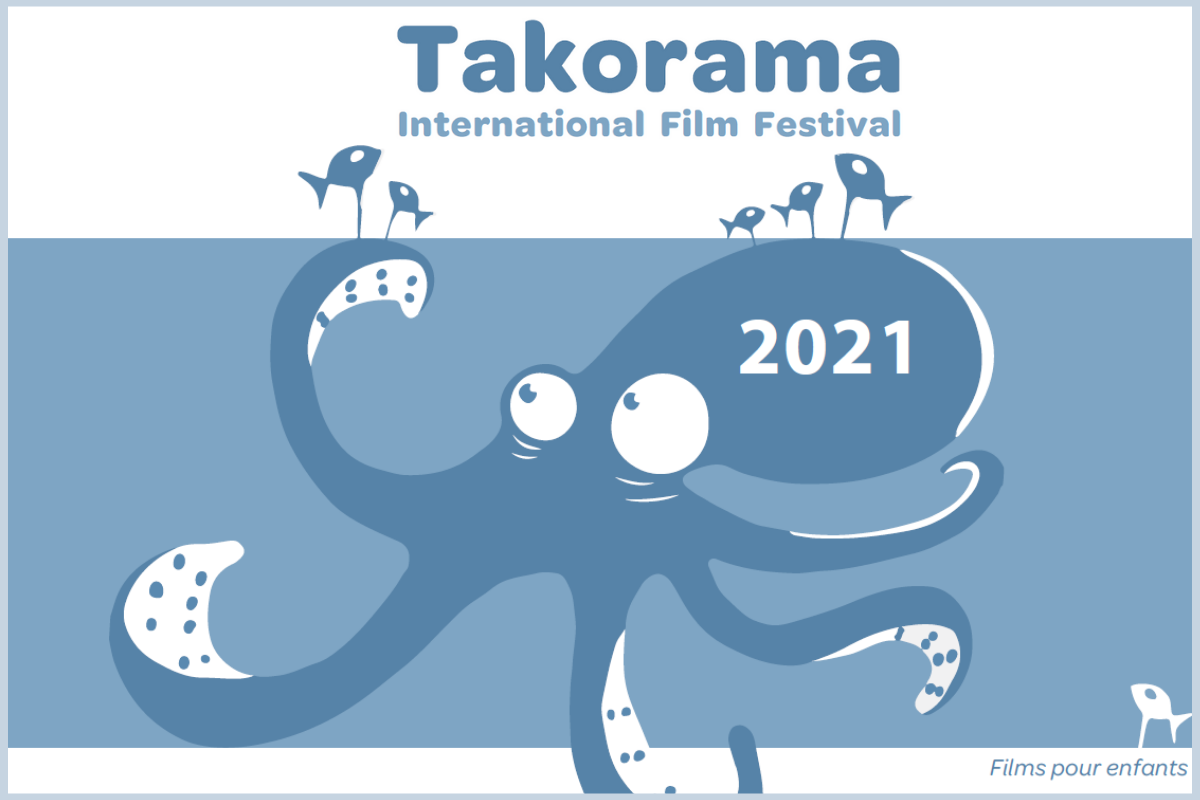#Hack4Justice: Third E4J hackathon takes place in Indonesia to boost rule of law
16 November 2017 - In October, UNODC's Education for Justice (E4J) initiative held its third hackathon (or coding challenge) in Indonesia, through its Country Office in Jakarta. The event - #Hack4Justice - saw some 30 secondary school students between the ages of 13 and 18 gather in Jakarta, Indonesia to battle it out at the keyboard and show off their ideas and talent in developing educational games focussing on justice and rule of law issues.
Organized in partnership with the Indonesian Ministry of Education, the hackathon feeds into the development of a series of interactive tools to help students learn about these issues as part of the organization's Global Programme for the implementation of the Doha Declaration. With secondary school students as the ultimate consumers of the final games, the hackathons present an ideal opportunity to involve them right from the start - and to gauge the approaches youth would take to teach justice values among their peers.
Held over two days, the Indonesia hackathon also brought in various mentors who provided ongoing feedback and advice to the participants. The mentors helped guide students in terms of technical issues, educational questions, and topical concerns around E4J-related themes.
The 30 participating girls and boys formed 5 teams with 6 members in each. The 1st place winner created a game in which the user acted as mayor of a city where crime and corruption are widespread. The gamer needs to advance the development of the city without being involved in corruption. The 2nd place winner designed a game in which the user plays the role of a young child who can become the ruler of the world by overcoming everyday challenges which require the player to make crime-related moral decisions. The 3rd place was won with a game that teaches the player to deal with different crime situations and to carry out just calls as the authority.
The jury based the winning entry on a number of factors, including the uniqueness of the game, implementation of idea, and its links to both education and the crime areas covered by E4J. Despite the fact that coding classes have only been introduced in Indonesia into the curricula from this school year, the teams of teenagers impressed their competitors and the jury - who comprised representatives from education and Government - with their excellent coding skills, technical implementation and thorough coverage of E4J topics.
The Jakarta hackathon is one of three that were held in different parts of the world to better take into account different views from youth on justice and rule of law issues. In addition to Indonesia, hackathons also took place in South Africa and Bolivia in the past months. The hackathons form part of the wider E4J work which is developing and disseminating educational materials on crime prevention, criminal justice and other rule of law aspects at the primary, secondary and tertiary levels worldwide.
Additional information:
Global Programme for the implementation of the Doha Declaration
Education for Justice initiative
UNODC Indonesia


